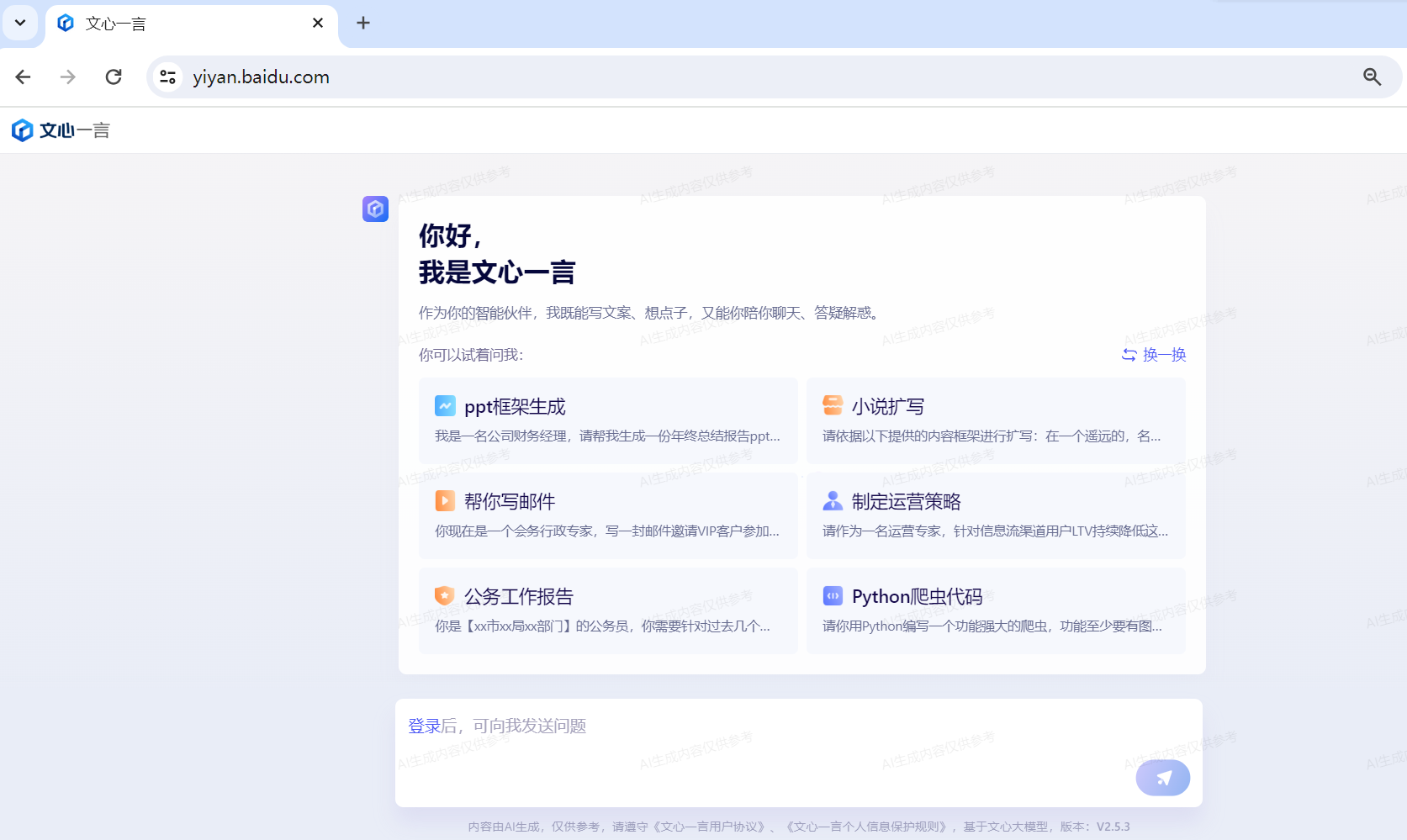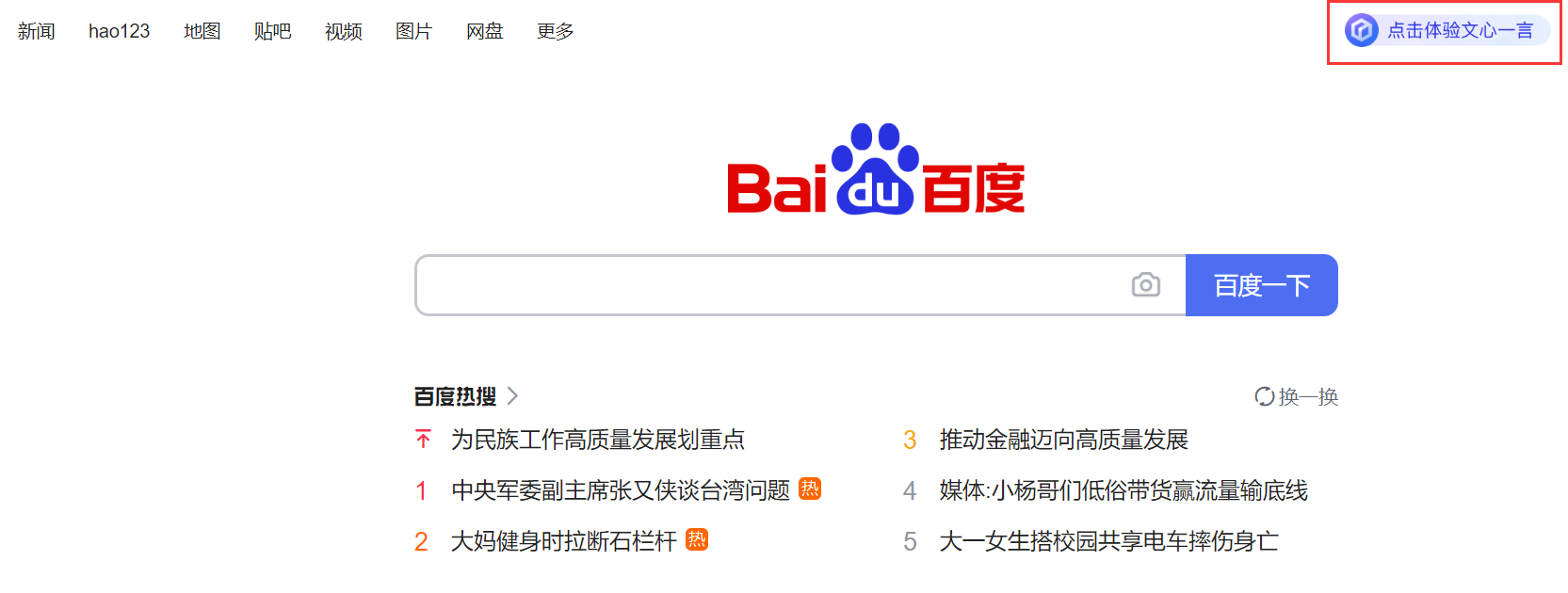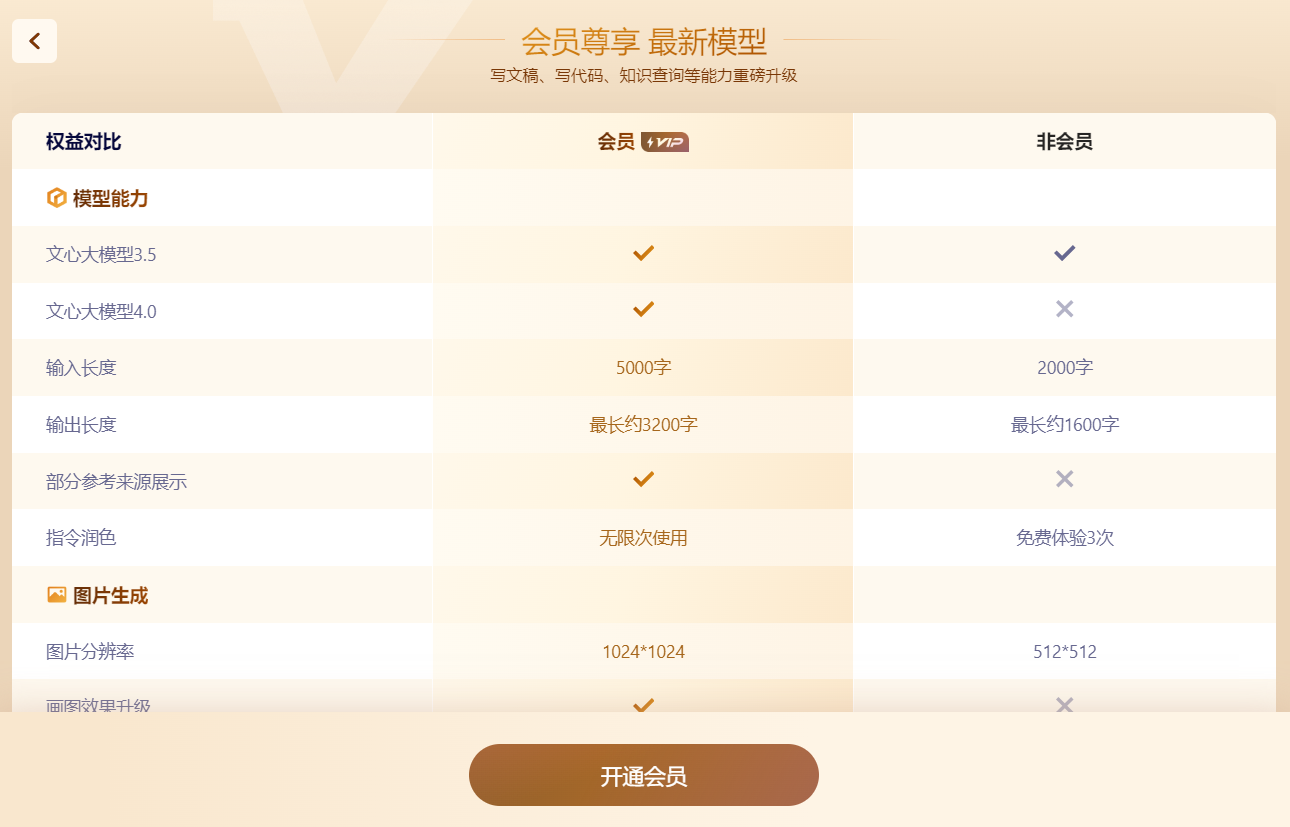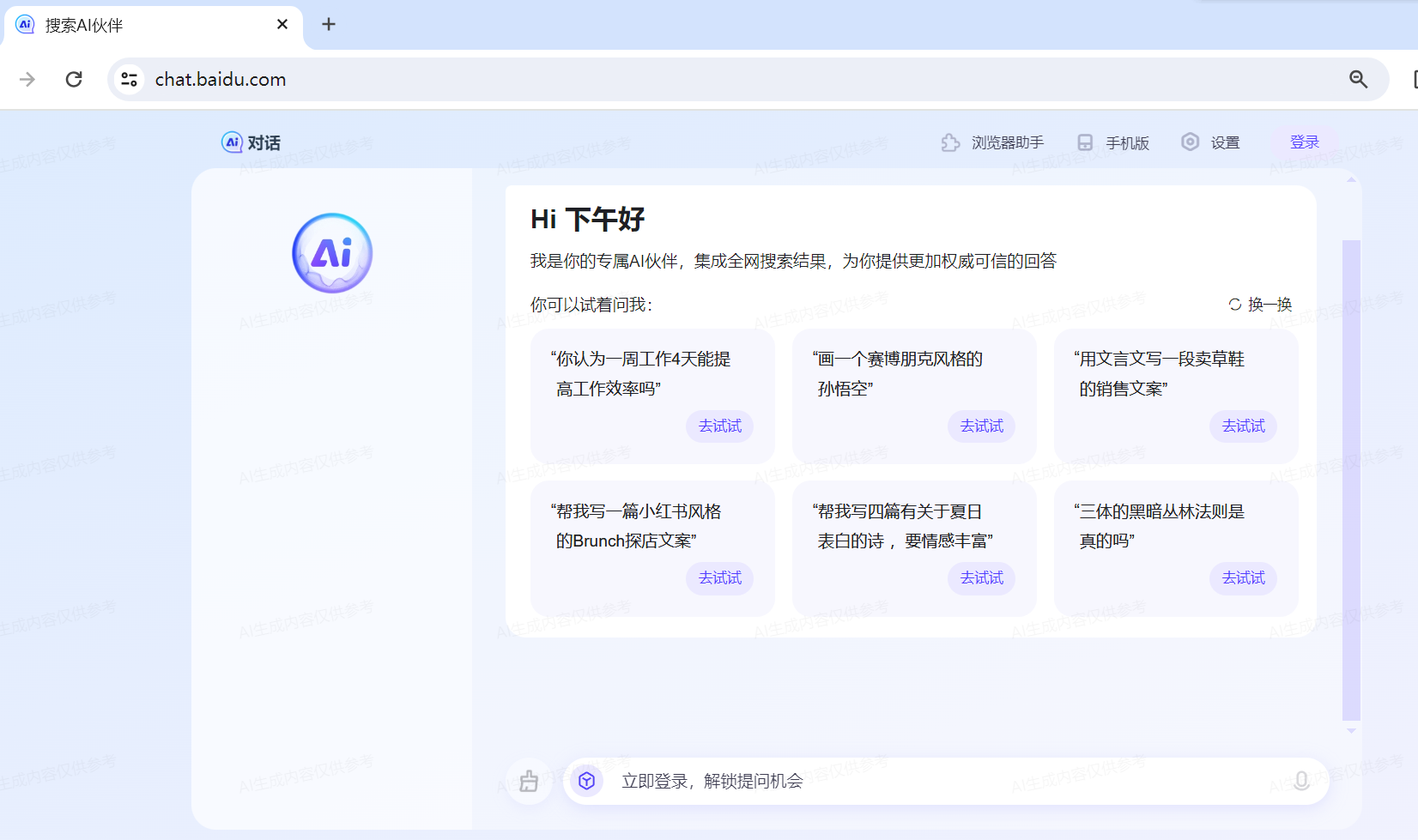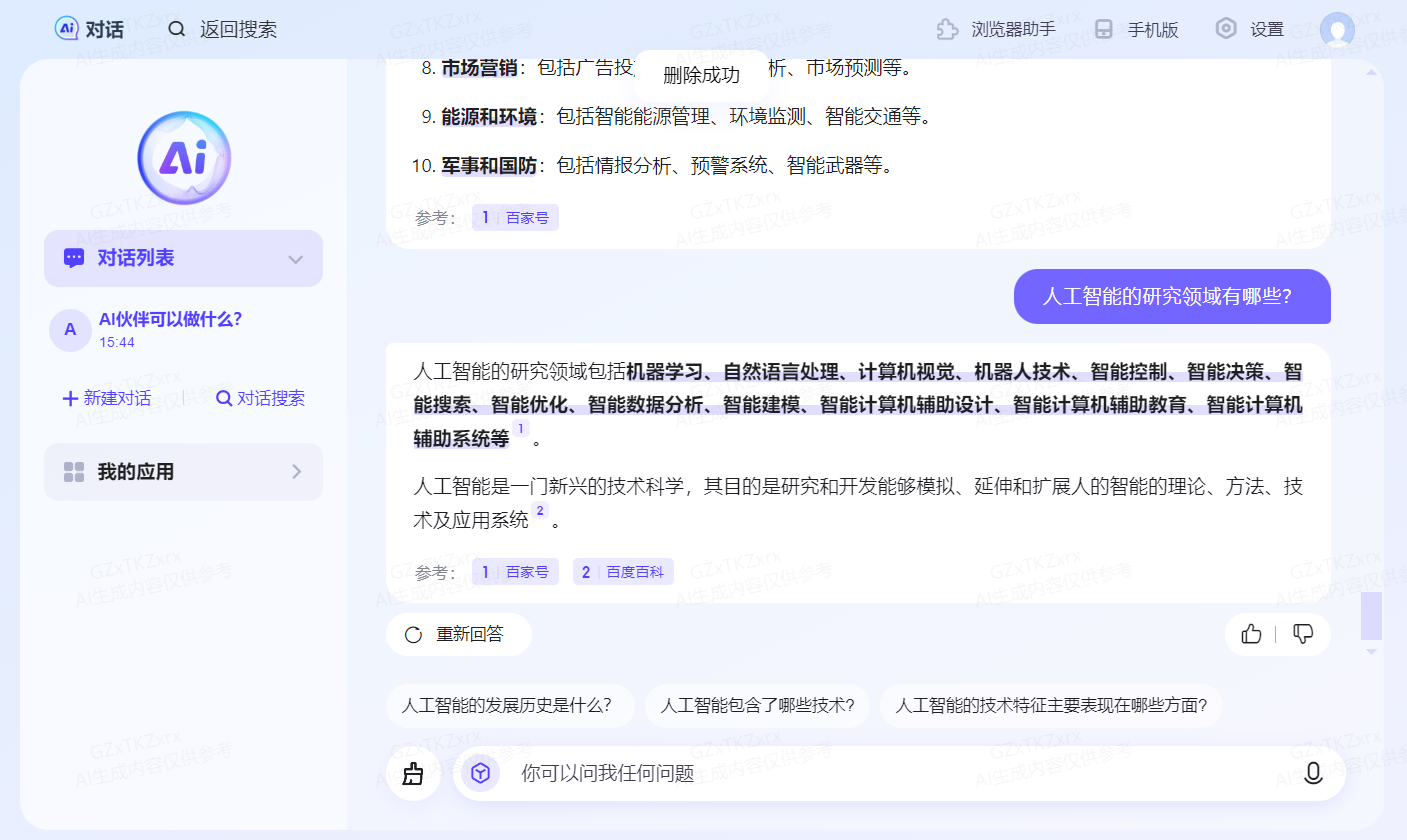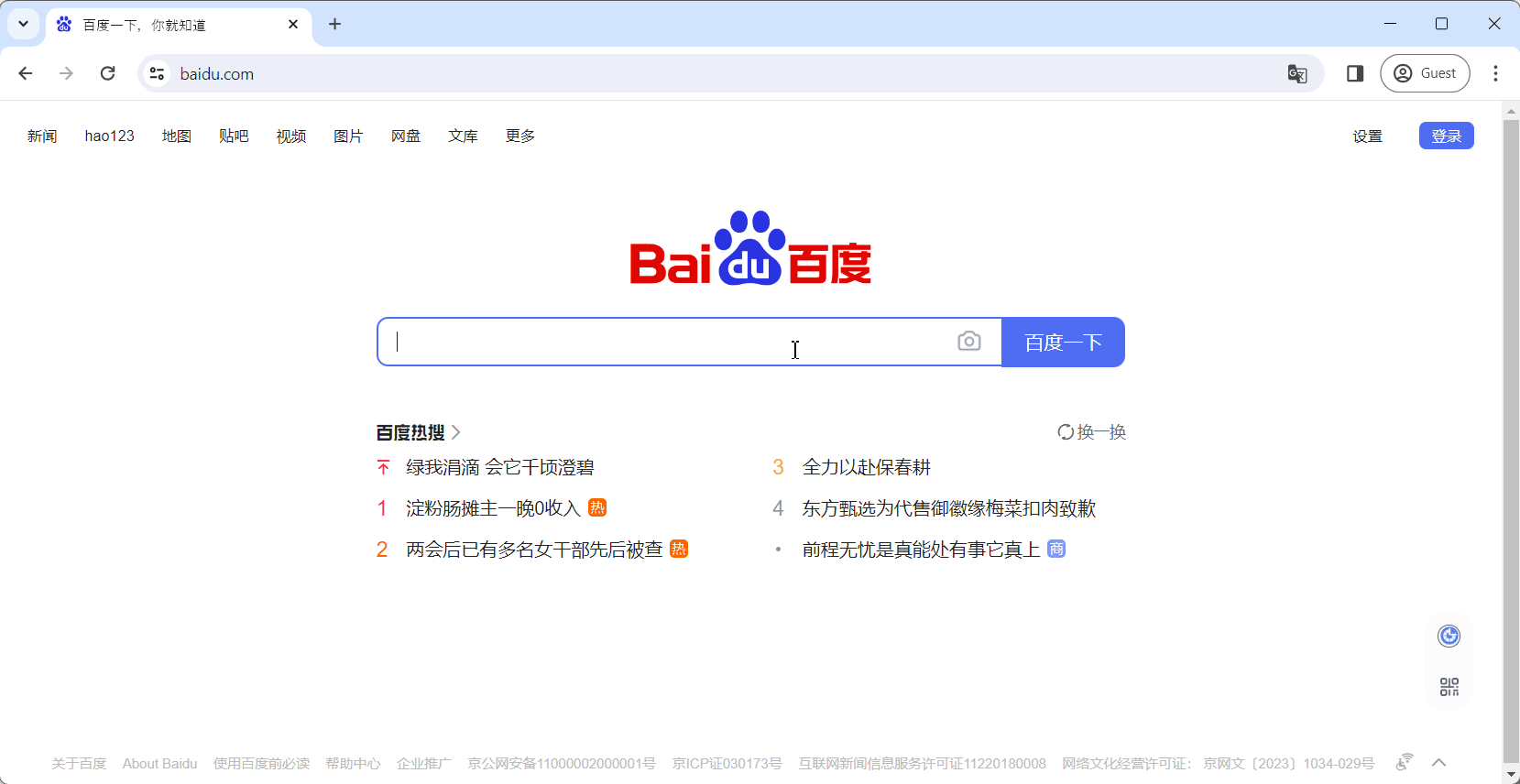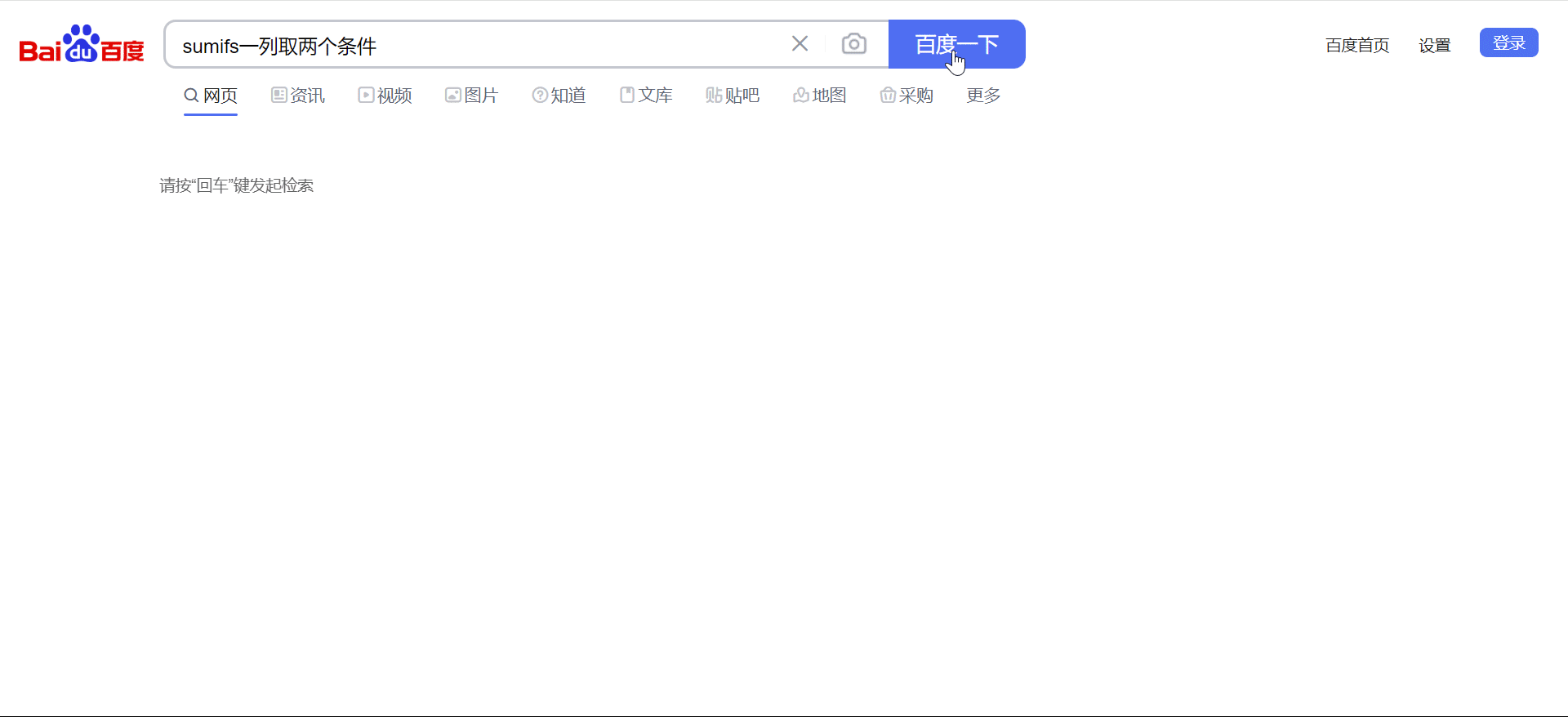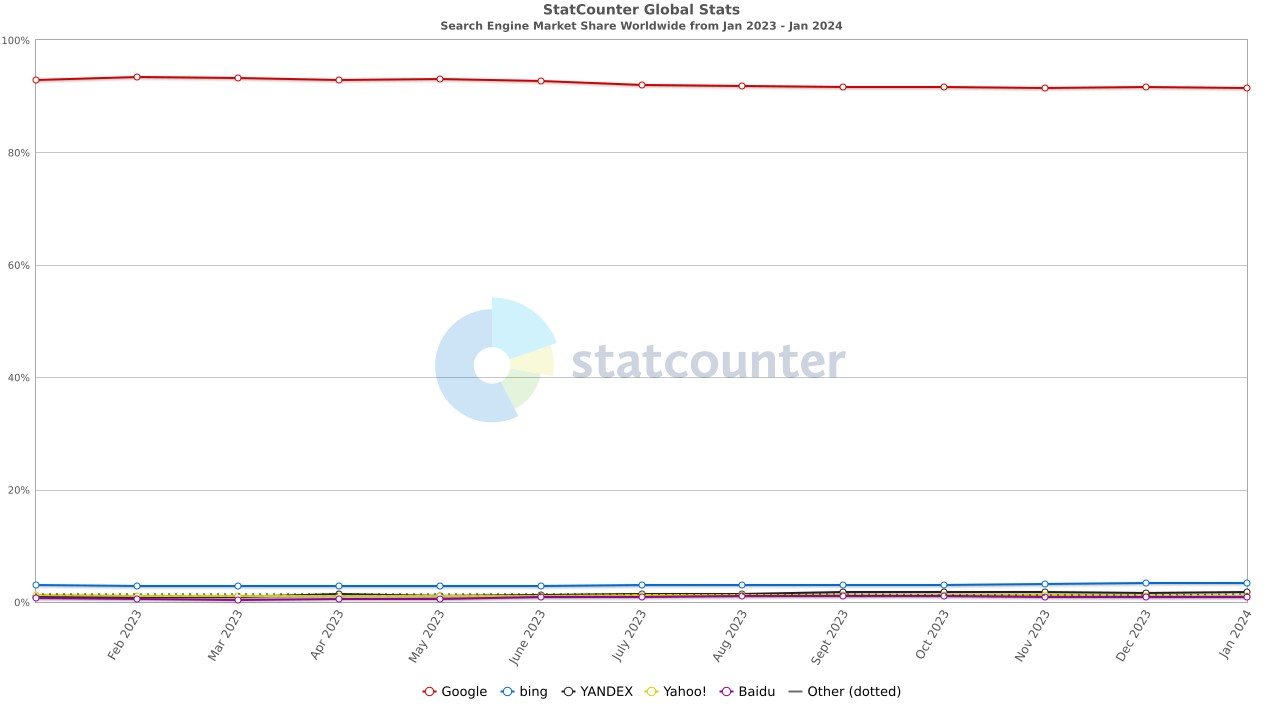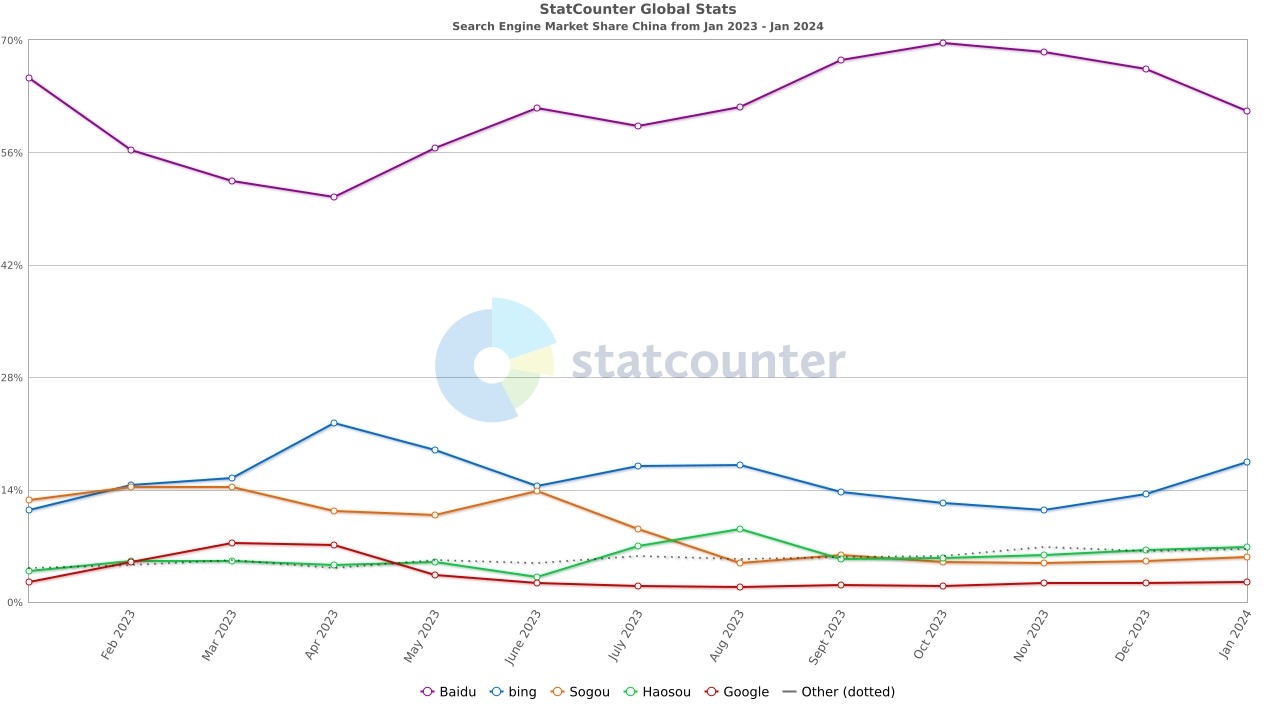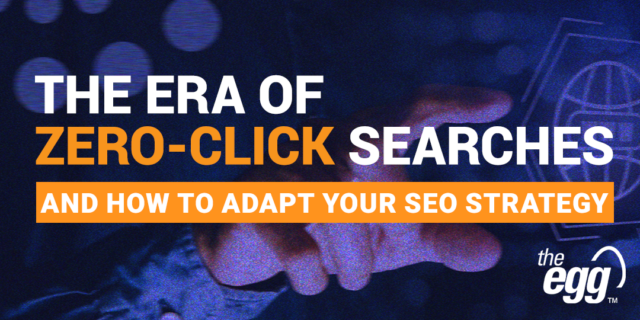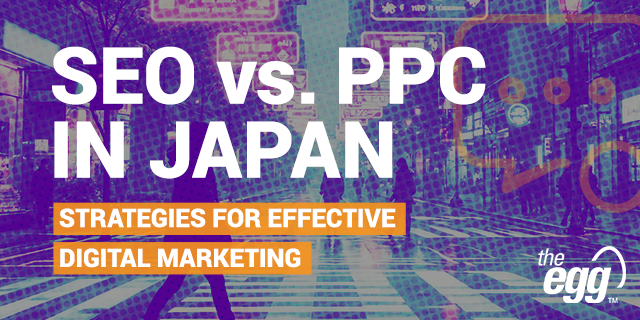Baidu’s Bid in the AI Race: A Look into ERNIE Bot and AI Chat
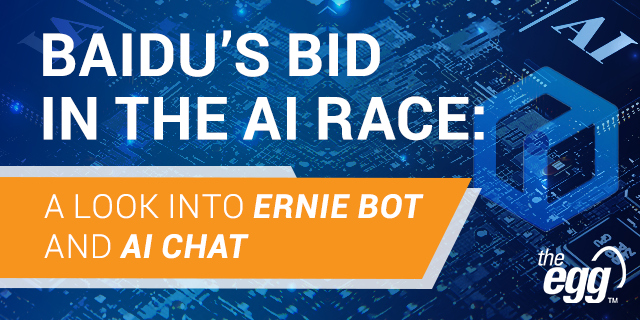
In an era where artificial intelligence (AI) is revolutionizing various sectors, the search industry is no exception. AI search has emerged as a new sector in the industry. Following the initial launch of ChatGPT, an AI chatbot by OpenAI, in November 2022, the year 2023 witnessed an AI evolution with top-tier companies like Baidu, Microsoft, and Google venturing into AI chatbots.
In February 2023, Microsoft unveiled Bing Chat, a chatbot that integrates OpenAI’s large language models into Bing and the Microsoft Edge browsers. Google followed suit with the launch of its AI chatbot, Bard (now Gemini), in March 2023.
Amid these advancements, Baidu, China’s leading search engine, entered the AI race by releasing it’s AI chatbot, ERNIE Bot (also known as Wenxin Yiyan – 文心一言) to select users on March 16, 2023, before making it publicly available on August 31, 2023 (https://yiyan.baidu.com/) . ERNIE Bot (full name: Enhanced Representation through Knowledge Integration) can interact with people, answer questions and queries, assist in creation, and help users obtain information and knowledge efficiently.
ERNIE Bot (Wenxin Yiyan 文心一言)
Given that major search engines are integrating AI technology into their search algorithms, it’s essential to keep an eye on the changing dynamics of search results. This is particularly important for search engine marketing efforts aimed at the Chinese market. In the following sections, we’ll delve into three aspects of China’s leading search engine, Baidu, and its incorporation of AI into search results. Additionally, we will discuss how brands can proactively position themselves within the realm of generative AI search.
1. Changes to Baidu’s Search
“AI CHAT” BUTTON APPEARS ON BAIDU SEARCH
In the second half of 2023, following the launch of ERNIE Bot, Baidu integrated ERNIE Bot’s large language model technology to its search interface. This integration enabled users to directly interact with ERNIE Bot, harnessing the power of AI-enabled conversations within the search environment.
1. Baidu made the AI search option easily accessible from its homepage, placing a “Click to experience AI search” prompt prominently at the top right corner. By October 2023, this function had been renamed to “Click to experience ERNIE Bot”, maintaining its prime positioning on the homepage.
Baidu Home Page Click to Experience AI Search – August 2023
Baidu Home Page Click to Experience Wenxin Yiyan – October 2023
2. For searches initiated through the Baidu search bar, the “AI Chat” option was conveniently located below the search bar, to the far left.
Baidu searches for “Shanghai Weather”, “AI Chat” appears at the bottom of the search box – August 2023
By early 2024, having raised awareness amongst its user base, Baidu phased out the AI Chat and ERNIE Bot options from its homepage and started operating ERNIE Bot and AI Chat separately.
Baidu’s home page has no trace of AI – February 2024
Baidu’s ai products
ERNIE Bot and Baidu’s AI Chat serve distinct purposes. ERNIE Bot, also known as Wenxin Yiyan, stands out as a knowledge-enhanced large language model with extensive knowledge and robust language processing skills. On the other hand, Baidu’s AI Chat places a stronger emphasis on the integration of search and information.
Baidu has positioned ERNIE Bot as an intelligent partner to be used for writing copy, ideation, chatting, and answering questions. However, a login to Baidu is required for use of this feature.
ERNIE Bot: https://yiyan.baidu.com/
ERNIE Bot (Wenxin Yiyan)
A paid membership is required to use Ernie 4.0, the latest version of the large language model while Ernie 3.5 is free for the public to use. The following chart shows the benefits of membership.
ERNIE Bot (Wenxin Yiyan) Model 4.0 Benefits
Baidu’s AI Chat: https://chat.baidu.com/
On the other hand, Baidu’s AI Chat integrates search results from across the web citing answers and referencing sources, providing more authoritative and credible answers. A login to Baidu account is also required for the usage of the AI Chat.
Baidu’s AI Chat
Introduction of AI Chat in Baidu Search Results
Baidu has initiated a public beta test by integrating its generative AI chat feature into search results, leveraging the capabilities of its knowledge-enhanced large language model, ERNIE 4.0. This beta test is limited to queries, and the AI Chat results are displayed exclusively for certain Q&A terms, such as IT and knowledge-related terms. This feature bears similarities with Microsoft’s Bing (now Copilot).
Search term: C++ memory overflow troubleshooting
Answers are shown in the AI results. Clicking on the AI Chat results in the prompts “Log in now to unlock the opportunity to ask questions”
Search term: sumifs takes two conditions in one column
Answers are shown in the AI results. Clicking on the AI Chat results in the prompts “Log in now to unlock the opportunity to ask questions”
Clicking on the AI results in the prompt will take the user to https://chat.baidu.com/.
Characteristics of AI Chat results in SERPs:
- Present only in desktop search, not yet available in mobile search;
- Currently favoring Q&A terms and knowledge-based search terms;
- The results are displayed at the top of the search results;
- There is no link to the content source in the results;
- At the end of the AI-generated results, options for “Ask me more” along with 2-3 suggested follow up questions are presented;
- Selecting “Ask me more” or recommended question prompts will take you to the AI Chat platform, necessitating a login to your Baidu account.
Ready to maximize your digital marketing in Asia?
2. Are current AI-generated results affecting the search engine market?
So far, we are yet to see AI chatbots make a significant difference to the traditional search engine market. Globally, Bing and Google began incorporating AI conversational results into their search outputs in 2023. However, according to Statcounter, from January 2023 to January 2024, Google’s market share experienced a slight decline, falling from 93% to 91.47%. Meanwhile, Microsoft Bing, which earlier adopted GPT-4, saw a modest increase in its market share, from 3% to 3.42%.
Search Engine Market Share Worldwide – January 2024
Search Engine Market Share Worldwide Jan 2023 – Jan 2024
In China, the most recent Statcounter data (January 2024) reveals that Baidu leads China’s search engine market with a share of 61.11%. Bing follows as the second largest, holding 17.5% of the market. The third position is occupied by with a 6.86% share, and Sogou ranks fourth at 5.58%.
Search Engine Market Share in China – January 2024
Search Engine Market Share China Jan 2023 – Jan 2024
Although Bing’s market share is increasing, it’s critical to recognize that services such as Copilot are not accessible in Mainland China.
From the above data, it can be seen that search engine usage remains robust. ChatGPT or AI chatbots are unlikely to replace the current search engines for the time being. One key reason behind this is the risk associated with misinformation in the content generated by these AI technologies, especially in fields requiring precise logical reasoning, such as electronic equipment, rail vehicle technology, and information network cabling. Furthermore, the inherent limitations of AI chatbots, including their struggles with delivering real-time data and maintaining accuracy, support the view that they are not on track to surpass search engines any time soon.
ChatGPT is a case in point, with its focus primarily on fostering dialogue and interactive communication, highlighting its role more as a tool for conversation and assistance rather than a go-to source for precise and critical information.
3. How to navigate generative ai’s impact on search engine results and search optimization?
In today’s rapidly evolving digital landscape, search engines are constantly experimenting with chatbots and AI-generated result summaries to make search results more helpful and interactive. While these AI features are continually being iterated on, it is clear that they are here to stay.
A common misconception is that AI features on Search Engine Results Pages (SERPs) are merely pushing traditional website links lower. In reality, though, they are creating new avenues for distributing information. The introduction of AI into the search industry represents a pivotal opportunity for marketers by expanding their focus from merely securing high search engine rankings to embedding content within AI-generated results.
Thus, it’s essential for marketers to view AI enhancements not as a threat to organic traffic but as an opportunity to enrich how information meets the end-user. Marketers must ensure that their websites and content are AI-compatible, allowing AI to easily process and prioritize it in its responses and suggestions.
To align with search engines in their quest to deliver optimal results, ensuring a website is perceived as a credible source by AI is paramount. This requires a blend of technical SEO and quality content strategies that cater specifically to the intelligence and criteria set by AI algorithms for selecting and presenting information. Here’s how marketers can optimize their websites for a future deeply integrated with AI technology:
MAKING YOUR SITE crawlable (indexing)
A cornerstone of effective SEO is ensuring your website’s crawlability. This allows AI and search engine crawlers to access all your content comprehensively.
High-quality content and regular content updates
Superior and regularly updated content will not only stay ahead of AI-generated content but also gain added value and traffic from search engines and AI databases. Organize and structure content in a logical way, incorporating article summaries, and clear, hierarchical segmentation.
1. Content Direction E-E-A-T (Experience, Expertise, Authority and Trust). E-E-A-T is a content quality assessment framework proposed by Google, which stands for Experience, Expertise, Authoritativeness and Trustworthiness. Combine E-E-A-T to create content that is meaningful, unique and engaging, driven by value.
- E: Experience: To some extent, it also shows that the Google algorithm values the content author’s work experience or life experience in the field. Especially in today’s rapid development of AI, it is especially important to embed experience in the article when writing.
- E: Expertise: Demonstrate expertise and knowledge depth within your content’s topic.
- A: Authoritativeness: Branded sites can easily become authoritative in their content through branding.
- T: Trustworthiness: Ensure that the site is reliable, trustworthy and has a good reputation.
E-E-A-T
2. Content Form. Multimedia, graphics, etc., with emphasis on visual effects.
3. Keep the content fresh. Keep information up-to-date with regular content refreshes, ensuring users have access to the latest information.
Structured Data
Add structured data to help AI understand your content, a critical move as structured data will help turn text into recognizable entities for AI analysis.
Link Management
Establish links to reputable sites and manage these connections carefully. Engage with platforms like Zhihu for Q&A content, and create backlinks to your website, even NoFollow links, which assist AI in content discovery. Consider managing your brand’s presence on platforms like Baidu Baike to publish branded content and industry insights.
Cross-platform search and touchpoints
The scope of search marketing is broader than ever with cross-platform searching and creating customized touchpoints through various platforms, including Red, Zhihu, TikTok, and others. Beyond merely being present on these platforms, brands have the opportunity to actively engage with their audience by creating content, enhancing visibility.
Use of AI tools
1. Keyword research: deeper understanding of user intent
Since Search Generative Experience (SGE) results attempt to address multiple intents in a single query, it may fetch content unrelated to your target keywords. Identify the core terms that drive the overall strategy, but also look at the different intents expressed in deeper pages and make sure the content covers them.
2. Produce Copy and Content
The major AI tools on the market are capable of copywriting and touch-ups, as well as one-click layout. When using AI tools to create content, it is still necessary to maintain prudent and critical thinking and make necessary changes and optimizations to the AI-generated output.
As Baidu’s AI Chat in search continues to undergo beta testing and its search results are not yet widely visible, brands have a window to audit and optimize their sites following these guidelines to stay competitive. AI Search is a fast-moving space, with major players constantly experimenting with new features. As digital marketers, it is crucial to stay informed and adaptable during this exciting period of innovation. By staying up-to-date and remaining agile, marketers can effectively navigate the ever-changing landscape of AI search and leverage its potential for improved visibility and engagement.


